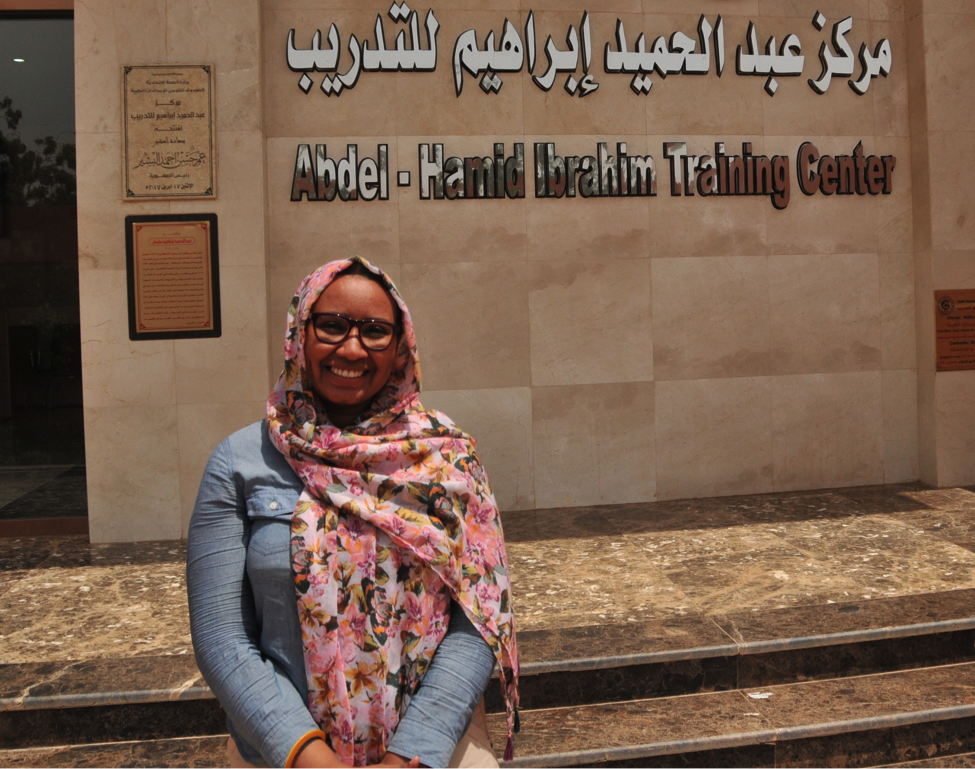
10 September, 2017 - More than fifty public health inspectors gathered in Khartoum today, to prepare for the first Joint Annual Health Sector Review in Sudan’s history.
A Joint Annual Review of the health sector (JAR) helps to identify whether a country’s health plan as a whole is on track, or whether further actions are needed. It usually includes an analysis of the health sector’s performance over the last year, and a multi-stakeholder meeting that lasts several days to discuss findings and recommendations.
In this regard, a JAR is almost like an annual health checkup itself, only for the entire national public health sector: it looks at the parts of the sector that are strong and healthy, and recommends treatment or surgery for the weaker parts, to make the entire health sector of a country thrive.
WHO is supporting the Federal Ministry of Health (FMoH) in this key process, by co-organizing these preparatory trainings for staff going on JAR missions, funded jointly by WHO and the Global Fund to Fight AIDS, Tuberculosis and Malaria. Later on in the process, documenting the findings and drawing policy recommendations from them will be another important joint point of collaboration between FMoH and WHO.
In the coming months, the public health workers who gathered today will visit health facilities in all of Sudan’s 18 states with long checklists, to gather in-depth data for a thorough diagnosis. We spoke to one of the inspectors, Ms. Sanaa Elobeid (33), working with the Public Health Institute.
Hi Sanaa! First of all thank you for supporting this first ever annual JAR. Are you excited?
“Yeah, because this will obviously be an important report. Especially since it’s the first time for Sudna, I’m glad to work on it.”
What was today’s session about?
“We are discussing the different data gathering tools which we will use on our missions. For quantitative data, like how many patients were treated, how many medical supplies were used, we rely on health facility documentation. For qualitative data, for example about how people work together in the facilities and beyond, we use group discussions and other methods. Personally, I’m very interested in the latter part. Seeing how processes work, and seeing the human element in them at different levels, from nurse to Wali, is fascinating to me.”
Is it easy to find all the data you need?
“Not always. Documentation is sometimes lacking, and then we have to talk to people directly to get the information. One area that can be challenging is getting detailed financial and budgetary information.”
When and where will your mission go to?
“I’m not sure yet about dates. If I could choose, I would like to go to North Kordofan or Blue Nile, otherwise North Darfur and Khartoum. Teams will deploy to two locations, and cover both of them in ten days.”
That seems quite quick!
“It is, but we can normally do the work in that amount of time. In the past I have done deployments to six states in just 20 days.
Would you encourage others to join these missions?
"Definitely. It’s a great experience, and an important exercise for the health sector. Whether you are senior or still quite junior, I highly recommend joining if you can.”
Make sure to stay tuned; when the JAR results are in you will read about it here first!


